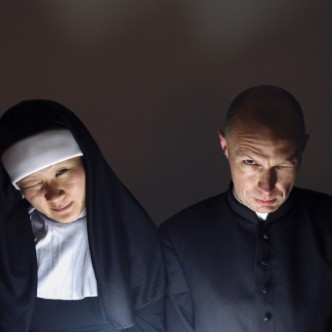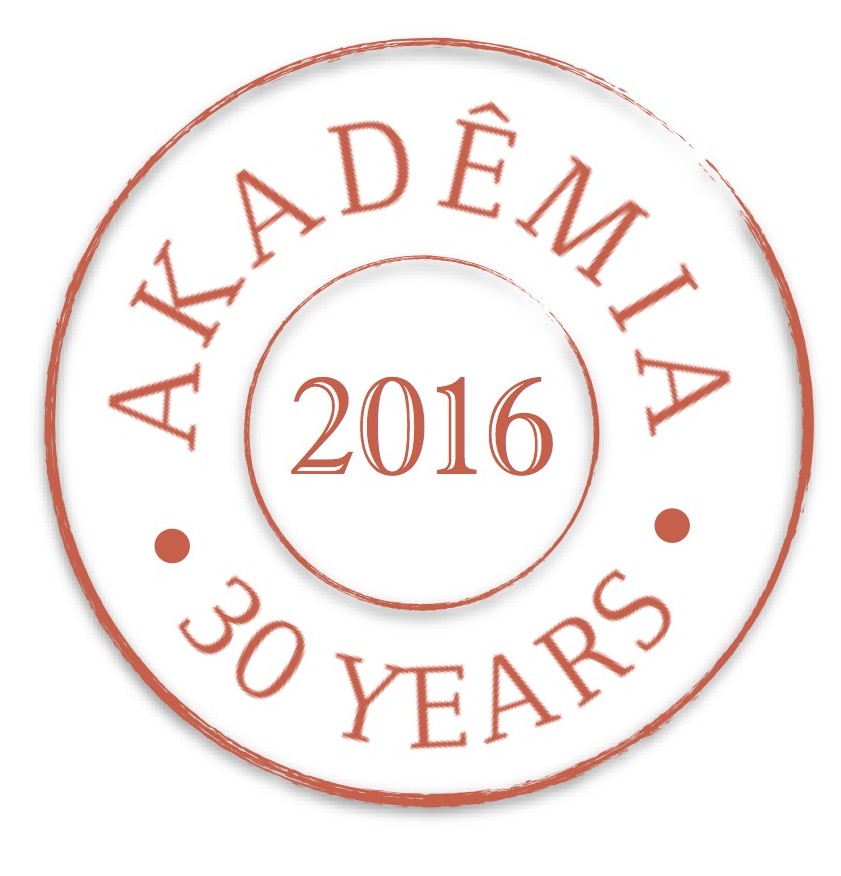Home › Creations › Les usuels › Magnificat – Trauer Ode
Program
- Johann Sebastian Bach
Trauer Ode BWV 198
Magnificat BWV 243
The Magnificat, published in 1811, is undoubtedly Bach’s most popular work.
The work is unsupported by any kind of dramaturgy, but the composer diversifies the musical language in each of the 12 verses. Solo, duo, trio, choir, traversos, oboe solo, orchestra tutti, continually reinvent the theme. From the most intimate lullaby to the severest counterpoint, Bach impresses his listeners while adapting the Italian style to the Lutheran tradition.
The first part of the concert is an invitation to celebrate a princess’ commitment to her Lutheran faith. Christiane Eberhardine was a very popular personality in Leipzig; she passed away on September 6, 1727. A commemoration was held on the 17 October, and for this, Bach composed a cantanta based on Gottsched’s poetic text.
In sharp contrast to the Magnificat’s glorious D major, the tone of the B minor that opens the score, expresses the compassion and sorrow that grip the town. The distinctive instrumentation of the Ode, particularly the use of 2 lutes and 2 viola da gambas, gives the work a noble, yet intimate character. It evokes the Ars Moriendi, the art of dying well, that Bossuet also exalts in his funerary orations.
Akadêmia :
Eugénie Warlier, Dagmar Saskova, sopranos
Paulin Bündgen, counter-tenor
Dávid Szigetvári, tenor
Benoît Arnould, bass
choir (28 singers)
orchestra (28 instrumentalists)
Françoise Lasserre, conductor
Press
Le Monde (09/06/09)
Le Monde (09/06/09)
Magnificat, Festival d’Auvers-sur-Oise
“This was followed by the Marial (and martial) Magnificat BWV 243 written in 1723. The jubilatory tone of the D major, the brilliance of the percussions and the trumpets, exalt the blessings that divine grace showered upon the blessed Virgin Mary, as well as the spectators, who were absolutely delighted”.
Marie-Aude Roux, Le Monde (09/06/09)
La Lettre du Musicien (01/05/11)
La Lettre du Musicien (01/05/11)
Matthaüs Passion, Eglise Saint-Roch, Paris
“An exceptionally motivated line-up of soloists was always perfectly attuned to the conductor’s fervent temperament.”
Roger Tellart, La Lettre du Musicien (01/05/11)
Muse Baroque (20/06/11)
Muse Baroque (20/06/11)
Matthaüs Passion, Eglise Saint-Roch, Paris
“If this Passion proved to be an interpretation showing great accomplishment in its mature commitment and inspired execution, it was notably thanks to the subtle, fluid dovetailing of the accompanied recitatives, ariosos, chorales and choruses, with meticulously judged, transparent transitions that made the listener forget the structural complexity of the work and plunged us into an immense narrative of deeply sensitive humanity. (…)”
Viet-Linh Nguyen, Muse Baroque (20/06/11)
Classica (june 2011)
Classica (june 2011)
Matthaüs Passion, Eglise Saint-Roch, Paris
“The refined artistry of Françoise Lasserre and her ensemble Akadêmia works wonders in Bach. A memorable concert in late April at St Roch Church in Paris (. . .) After an interesting first foray into Bach cantatas (a CD on Zig-Zag), Françoise Lasserre imposes here the feeling for drama and the elegance that marked her performances of Landi and Monteverdi.”
Vincent Borel, Classica (june 2011)

